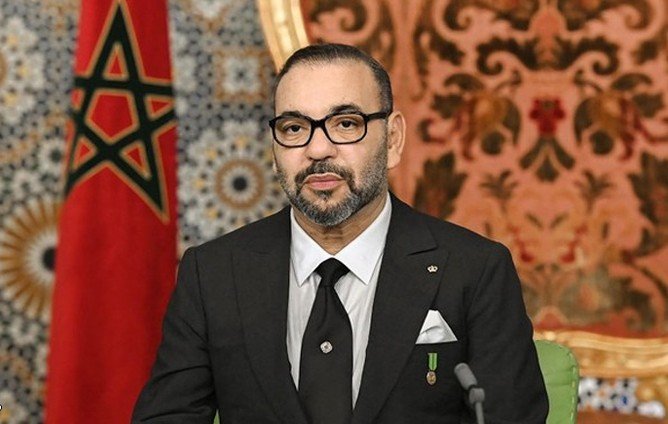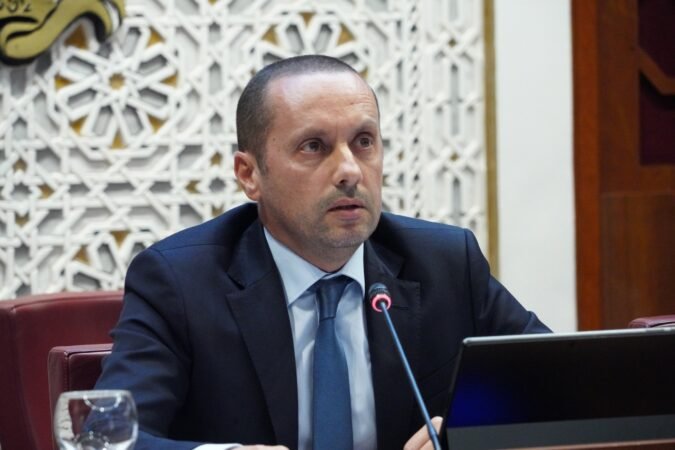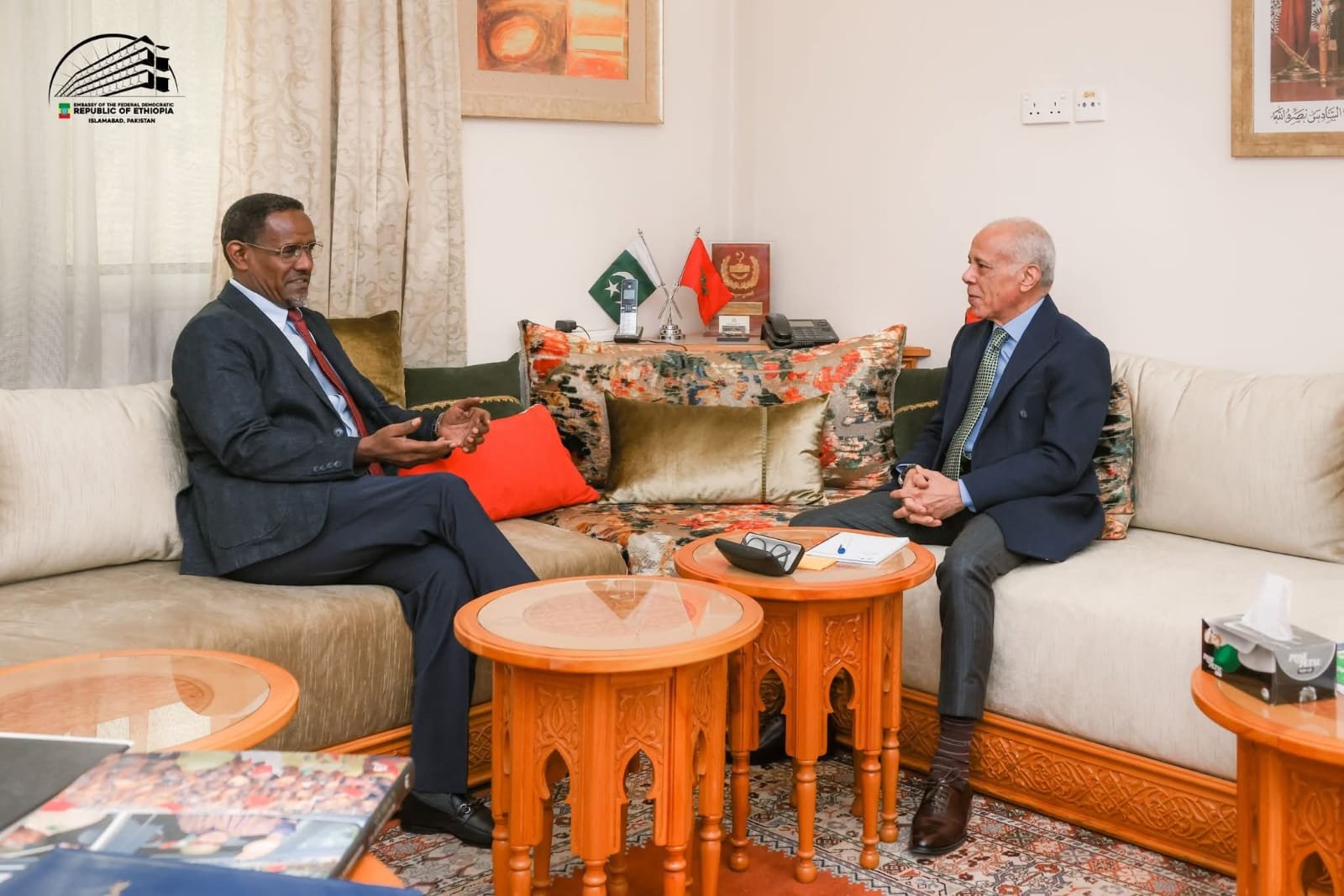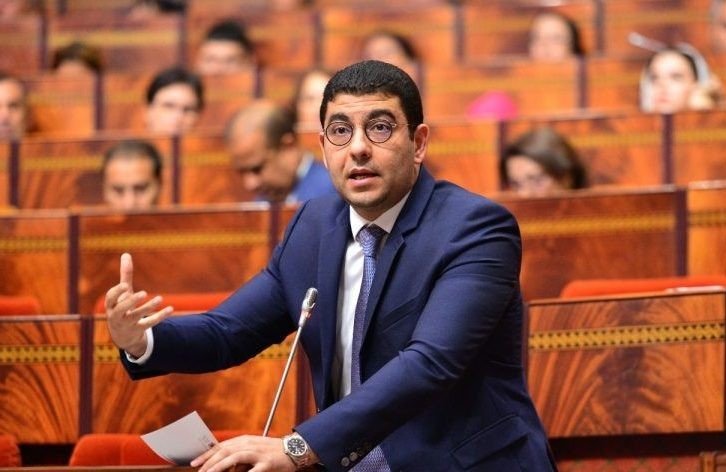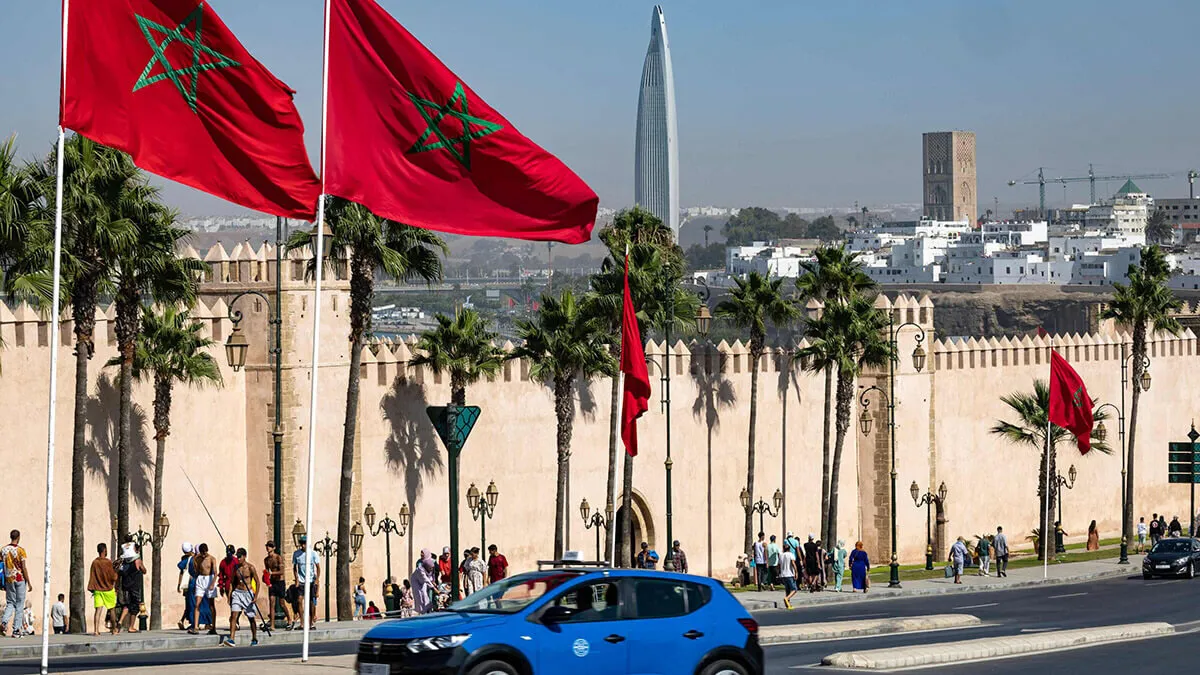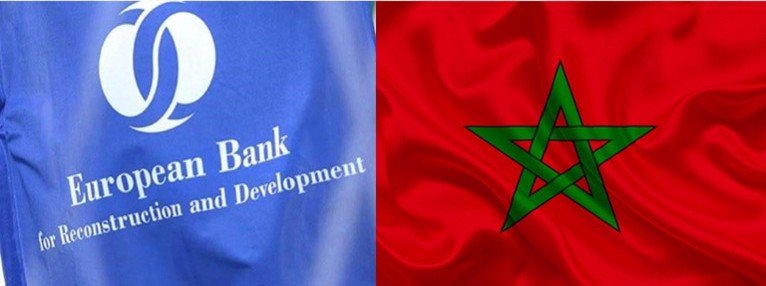Rabat, September 03, 2025 – The Europe Today: Morocco is rapidly establishing itself as a North African leader in artificial intelligence (AI), with technology driving innovation across key sectors including finance, healthcare, and education, according to a recent Mastercard report.
The report highlights Morocco’s rising profile as a destination for AI centers, supported by ambitious national strategies and significant investment in digital infrastructure and skilled personnel. At the core of these efforts is Digital Morocco 2030, a government-led strategy that allocates MAD 9.95 billion and aims to create 240,000 digital jobs by the end of the decade.
Public and private sector collaboration is central to this vision. Institutions such as Mohammed VI Polytechnic University (UM6P), alongside pioneering startups like DeepEcho, are leading research and deployment of AI solutions. National forums such as the MoroccoAI Annual Conference are also fostering debate and policy dialogue on the role of AI in shaping the country’s future.
Infrastructure development underpins this momentum. Specialized AI research centers and newly established engineering schools in Taroudant and Berkane are ensuring a steady supply of qualified professionals to meet industry demand.
AI applications are already delivering measurable impact. In finance, automated systems have reduced transaction handling times by 30%, with Morocco’s digital banking sector projected to reach revenues of MAD 76.51 billion by 2028. In healthcare, nearly half of Moroccan hospitals now use AI for appointment scheduling, while 30% employ it for diagnostics. Robotic surgeries have increased by 30% between 2020 and 2024.
At the continental level, Morocco’s progress aligns with a broader African trend. Mastercard projects that Africa’s AI market could grow to $16.5 billion (MAD 149.24 billion) by 2030, with South Africa, Kenya, and Nigeria also advancing rapidly. However, challenges remain, including fragmented data systems, uneven regulations, and localized shortages of technology expertise.
The Economic, Social and Environmental Council (ESEC) has emphasized the need for a comprehensive national AI policy to modernize regulatory frameworks, boost research, and provide stronger support for startups and small enterprises.
With long-term planning, talent development, and targeted investments, Morocco is positioned not only to lead in artificial intelligence within North Africa but also to leverage AI as a key driver of economic growth and innovation.

